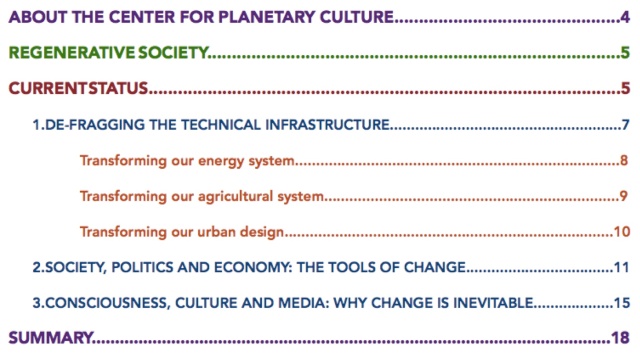“The ‘Wellbeing of People and Planet’ (WPP) is the right driving force for a society that actually works, and is sustainable and robust enough to survive the coming social and environmental crises. Growth in WPP needs to replace economic growth (i.e. in GDP) as a social goal, as that is what is causing the problems.”
I have sent the message below to several Labour party politicians: Jeremy Corbyn, John McDonnell, Emma Rees (Momentum), Clive Lewis and Danielle Glavin (local Labour candidate in the recent election).
What do you think?
A Labour manifesto for the next election!
I imagine you are now working on the next manifesto for the moment when the Tories come unstuck. I hope the ideas below resonate with your thinking, and would be happy to meet with you or your advisors or colleagues who think similarly, if you think it would be helpful.
I was very pleased with the Labour Manifesto and especially with its reception at the election. Traditional Labour values – about building a society that looks after people not profit – are what I grew up with. After a few decades of a Labour party that is really Tory-light, it is great to see this in favour again.
Now that you will have a little more time to prepare, you might be considering the change from ‘traditional Labour’ to ‘21st Century Labour’, which for me and many I know, means looking after the wellbeing of people and planet, not just people. It goes way beyond ‘business as usual but with more renewables’. This actually means a substantial extra layer of policy and effort: towards a really decentralised, cooperative, less wasteful, low consumption but high wellbeing, community-based society that will massively reduce the load on central government services, and provide the resilience an environmentally-friendly society requires.
The ‘Wellbeing of People and Planet’ (WPP) is the right driving force for a society that actually works, and is sustainable and robust enough to survive the coming social and environmental crises. Growth in WPP needs to replace economic growth (i.e. in GDP) as a social goal, as that is what is causing the problems. Wellbeing of people incorporates the traditional Labour values of treating people with respect, paying employees and suppliers fairly rather than as little as possible, charging customers fairly. Wellbeing of planet means being aware of and using environmental best practice.
Practical steps are to promote WPP for people, organisations and businesses through regional and community suppport organisations, through public reputation (Which are the firms that best support WPP?), and financial incentives.
The Magic Money Tree: making it work for WPP. The Magic Money tree is a very useful metaphor. It certainly exists (see this), and is the main driver of social inequality, but we can plant a new forest of Magic Money Trees that support communities and WPP.
The current Magic Money Tree can be partially bent/trained towards WPP through conventional means like closing tax havens, tax loopholes, transaction taxes, wealth taxes, etc. raising very large sums.
However, bringing money creation under government and community control is much more powerful still. (ex. Bailing out the banks cost more than 10 times as much as the proposals in the Labour manifesto.) The key is giving people access to credit, which is really all that creating money is. This means forming/supporting regional and community banks, under local control, where profits go back to the community, bypassing the conventional financial institutions.
Money is needed to help people exchange with each other where there is limited trust, but within communities (not just local ones), where trust exists and can be nurtured, gift economy practices are much more powerful. We can build community exchanges based on a mixture of money and favours to provide much of life’s basics: food, services, caring, transport, energy, accomodation. These can get people (at least partially) off the money hook, providing not so much jobs, as numerous opportunities to give and receive from their community. This can create opportunities for people to give and receive who can’t otherwise contribute much (housebound, disabled, youth, elderly, etc.).
There is much about ideas like this on my website, but I can give you links and references to many people, organisations, books, etc. who are currently working on starting points to this kind of society.
I hope you find this is in line with your own thinking, and would be happy to work with you on furthering it.
Yours,
Gary Alexander

 A world organised to serve the wellbeing of people and planet, not money and power!
A world organised to serve the wellbeing of people and planet, not money and power!






